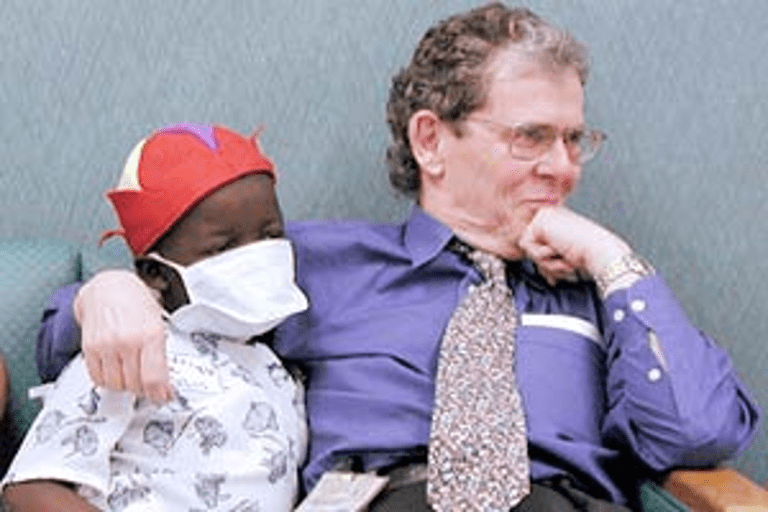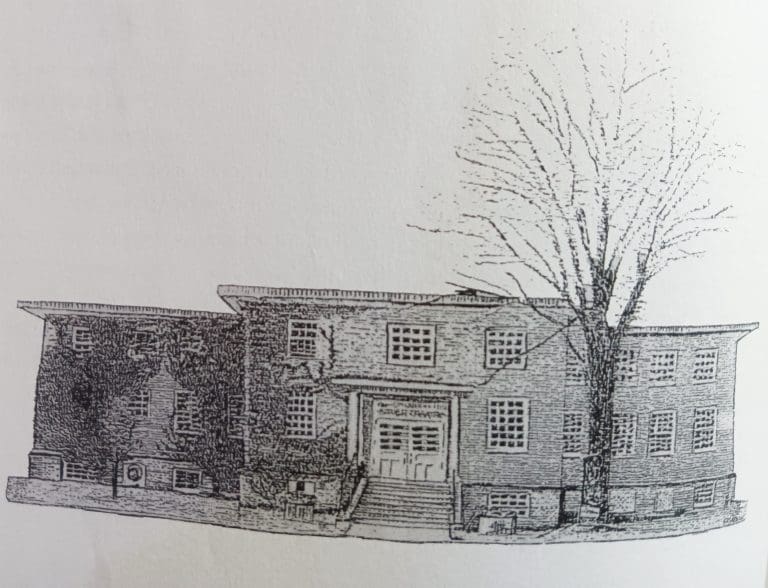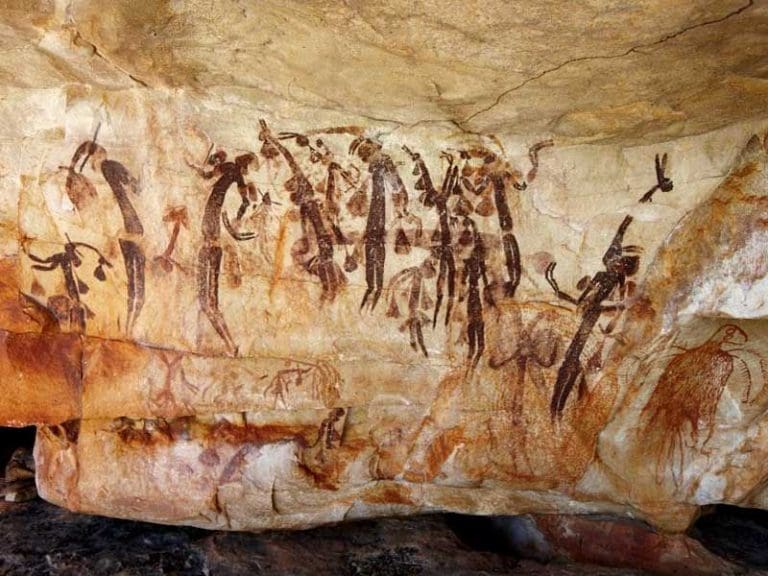Branding: Coordinating My Wardrobe to the HARP Colour Palette
Posted by Dorothy Lander: dorothy@tryhealingarts.ca The talented team at This is Marketing (https://www.thisismarketing.ca/) chose a unique colour palette to illuminate
Thoughts about Our Climate Crisis
“Another world is not only possible. She is on her way. On a quiet day I can hear her breathing.” – Arundhati Roy
“The climate crisis is a wake-up message spoken in the language of fires, flood, droughts and extinctions, telling us we must evolve to a totally new economic model” – Naomi Klein
Working Together
The Climate Coalition in Antigonish (with Tamarack Institute‘s collective on Community Climate Transitions) has already taken a huge step in joining in friendship and commitment to change things for the better; local organizations can sometimes do more than provincial, state or international bodies, especially if we work within an egalitarian non-hierarchical structure. I have great faith in our human minds, once we get them thinking really clearly about what we can achieve. We don’t need to have the full and final solution as we start working together. But to avoid burning out it’s vital our work be based on hope and short-range goals, not on fear or guilt and lofty long-range aspirations. It’s great to become more literate about the crisis and share our knowledge with others.
The unceasing destruction of our living environment is not our fault, but we can take a lead in reversing this destruction. Movements like the Transition Initiative (https://transitionnetwork.org) recognize that community-led actions are likely to be more effective than top—down approaches. Lack of knowledge of the climate crisis is not what is stopping us or the corporates or the politicians – what is stopping us are feelings of powerlessness, fear, terrifying urgency, and isolation. We human beings – even when we get weighed down by hopelessness and cynicism and despair about the domination of corporate capitalism – are completely capable of changing the world for good. Every meeting we have, I hope and expect to come away feeling uplifted and encouraged, and with a clear next step. I take great heart from previous powerful actions in our community such as the 2019 Climate Action March in Antigonish.
Thoughts about Mother Nature
Nature restores me, lessens my stress, lifts my mood, improves my physical well-being. The earth does not belong to me; I belong to the earth, and everyone of us has an equal place in it. Mother Earth – sun, trees, plants, flowers, birds, insects, rivers, ocean, clouds – created us and is taking care of us every second, despite all the harm we do to her. We are her daughters and sons and must care for our Mother. Loss of connections to her hurts all of us deeply. We must live simply, with gratitude and connectedness to our earth and each other, placing our earth and her people before profit. Allying with Indigenous people can be a powerful tool for reversing environmental destruction.
Things I find it inspiring to notice and share at this time of year: the rich peach-orange of a sunrise and sunset; the roar of a waterfall; the loving gaze of another human or a pet; the girth of an old and powerful tree; the grandeur of snow-capped mountains; the delight of cuddling; the stars on a clear night in the country; the marvellous diversity of human beings (though we are genetically 99% the same); the delight and comfort of hot cocoa on a cold night; hugging a tree every day to stay in touch with Nature’s harmony. Do add your own inspirations!
The earth can and will live on and regenerate without us human beings. Corporate capitalism may confuse and overwhelm us but not Mother Earth.
Allying with Young People
Young people have more intact intelligence and less cumulative distress about human wrongs than most of us older adults, so they are more powerful, less discouraged, more connected to the earth and to each other, more and inspired and more inspiring. As part of the Idle No More movement, young people walked 1600 miles across Canada to bring their message to Prime Minister Harper.
But young people need us to not give up, even though most of us met with discouragement from adults when we were young and wanted to change things. We can support young people by listening and encouraging their thinking and ideas; showing how much we care about all creatures; asking them something they know about our environment and something more they want to know; asking them what they are hopeful about; going into nature together; remembering our own connections with nature when we were young; being honest about our challenges while staying light as we talk with them; telling them we won’t let them inherit an unlivable planet; showing them alternatives to corporate capitalism for producing food and goods; uniting to work together so they know we want to work with them; enjoying their energy and play. Every school should have a climate/environment curriculum.
Last Thoughts
Environmental destruction is as much a global disease as Covid, and it disproportionately affects people of the global majority, through prolonged droughts and super storms. The US has 5% of the global population but contributes 25% of global carbon emissions. What would an economic system not based on greed look like?
The climate crisis is not only the most massive human rights violation the world has yet seen; it is also the death knell of capitalism. The GNP is not a healthy indicator of any nation’s well-being. There are estimated to be $7.5 trillion US of fossil fuels in the ground: they must stay there if we’re to survive. Our nation’s people will need to support an economic power shift away from corporate capitalism. What will it take to make a complete commitment to achieving this?
Posted by Dorothy Lander: dorothy@tryhealingarts.ca The talented team at This is Marketing (https://www.thisismarketing.ca/) chose a unique colour palette to illuminate


L to R Clockwise: John Graham-Pole aged 2 on Mummy’s knee with sisters Elizabeth, Mary, and Jane, High Bickington, Devon,


Posted by Dorothy Lander Once a month, John Graham-Pole and I showcase the publications of HARP The People’s Press at


Aboriginal Rock Mural Kimberley Region, Western Australia Posted by John Graham-Pole I don’t have answers to any of these questions,
| Cookie | Duration | Description |
|---|---|---|
| cookielawinfo-checkbox-analytics | 11 months | This cookie is set by GDPR Cookie Consent plugin. The cookie is used to store the user consent for the cookies in the category "Analytics". |
| cookielawinfo-checkbox-functional | 11 months | The cookie is set by GDPR cookie consent to record the user consent for the cookies in the category "Functional". |
| cookielawinfo-checkbox-necessary | 11 months | This cookie is set by GDPR Cookie Consent plugin. The cookies is used to store the user consent for the cookies in the category "Necessary". |
| cookielawinfo-checkbox-others | 11 months | This cookie is set by GDPR Cookie Consent plugin. The cookie is used to store the user consent for the cookies in the category "Other. |
| cookielawinfo-checkbox-performance | 11 months | This cookie is set by GDPR Cookie Consent plugin. The cookie is used to store the user consent for the cookies in the category "Performance". |
| viewed_cookie_policy | 11 months | The cookie is set by the GDPR Cookie Consent plugin and is used to store whether or not user has consented to the use of cookies. It does not store any personal data. |